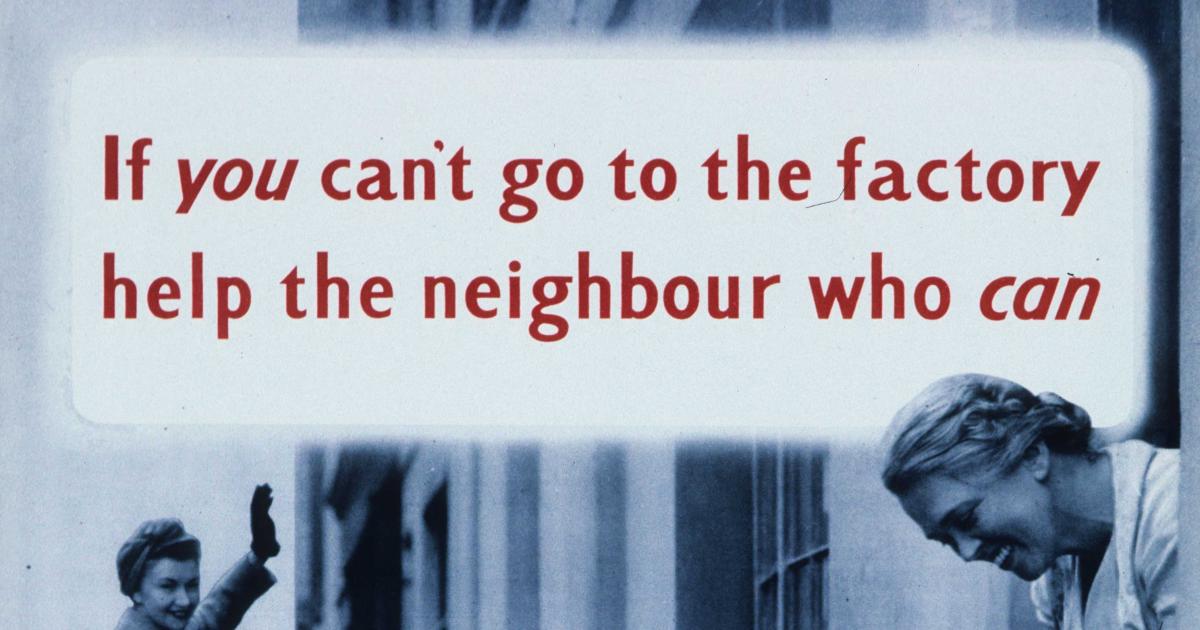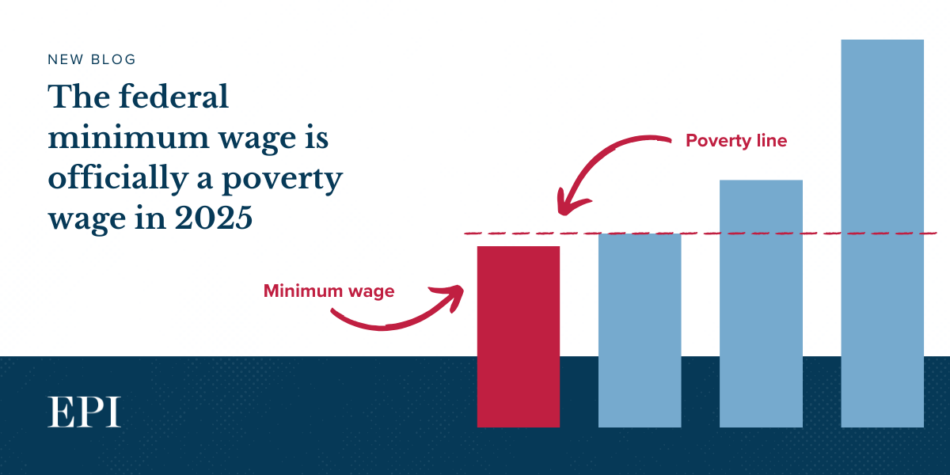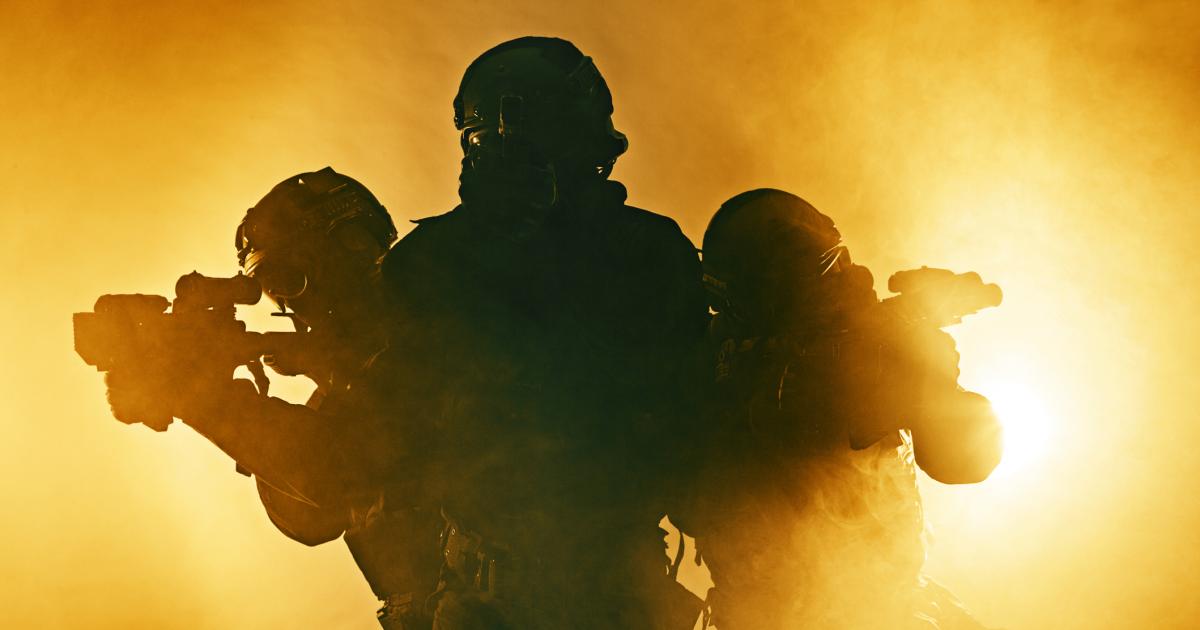The Ongoing War: China vs. America

The surest way to lose a war is to refuse to recognize that youre in one. Currently, the United States seems to be doing just that, ignoring the reality of a looming conflict. The Peoples Republic of China has established a narrative that it is in a war with a seemingly oblivious and unprepared America.
Beijing is not mincing words regarding its perspective on Sino-U.S. relations. In May 2019, the People's Dailythe most authoritative publication in Chinapublished a groundbreaking editorial that boldly declared a "peoples war" against the United States. This declaration has significant implications, as it signals a shift in China's approach to its relationship with America.
In 2023, PLA Daily, the official publication of the Chinese military, elaborated on what a "peoples war" entails. The definition provided is crucial for understanding the strategic mindset of China's ruling organization: "A peoples war is a total war, and its strategy and tactics require the overall mobilization of political, economic, cultural, diplomatic, military, and other power resources, the integrated use of multiple forms of struggle and combat methods." This idea highlights the comprehensive nature of Chinas approach, which encompasses more than just military conflict.
It has become increasingly apparent that the Communist Party is laying the groundwork to justify its adversarial stance towards America. As James Lilley, who served as Washingtons ambassador to China during the late 1980s and early 1990s, famously noted, The Chinese always telegraph their punches. This statement suggests that Chinese leadership often signals its intentions in advance, and the propaganda coming from Beijing carries significant weight and consequences.
The Chinese Communist Party has historically perceived the United States as an existential threat. This perception is not based on specific actions taken by the U.S., but rather stems from the identity of the American people and their ideals. As Miles Yu has observed, the ruling regime in Beijing feels insecure due to the inspirational influence of American values and governance on its own population. Charles Burton of the Sinopsis think tank articulated this sentiment earlier this year: The Chinese regime reviles the United States because it is a beacon to the world affirming the universal entitlement to individual human rights of citizens everywhere and the power of the noble principle of government of the people, by the people, and for the people.
This intrinsic opposition indicates that, regardless of American attempts at diplomacy, the U.S. will likely never achieve amicable relations with China as long as the Communist Party remains in control.
Moreover, the Chinese definition of war diverges significantly from the American perspective. Although Beijing has publicly denied that the concept of Unrestricted Warfareintroduced in a 1999 book by two Chinese Air Force colonelsis an official doctrine, the actions of the Chinese regime reflect the strategies outlined within it. China is pursuing nontraditional tactics in its multifaceted assault on American society.
For instance, fentanyl production is a prime example of this strategy. Chinese technicians design and manufacture opioids in laboratories across the country, and the near-total surveillance state in China is aware of and tacitly approves the operations of drug gangs, as well as state-owned fentanyl producers. The Communist Party provides diplomatic, material, and financial support for these endeavors. Even platforms like TikTok, owned by ByteDance, have been implicated in promoting illicit drug use within the United States.
In truth, China is engaged in what it broadly defines as warfare. This perspective further explains the Communist Party's persistent theft of hundreds of billions of dollars in American intellectual property each year, recurrent intrusions into U.S. military bases, millions of daily cyberattacks targeting American networks, infiltration of educational institutions, media outlets, and political parties, and the operation of secret police stations on American soil. Additionally, the Chinese government consistently maligns the U.S. through its propaganda channels.
The regime in China is escalating its war against America, and the signs are unmistakable. For one, President Xi Jinping has been vocal about his intentions. His current rallying cry is Dare to fight, a slogan that has rapidly permeated the ranks of the Chinese military, which proclaims its readiness to engage in combat.
However, Xi is not merely engaging in rhetoric; he is spearheading the largest and fastest military expansion since World War II. His administration is taking steps to insulate its regime from international sanctions, stockpiling essential grains and commodities, and dismissing military officers who oppose a path to war. Furthermore, the Chinese government is diligently surveying the United States for potential nuclear targets, an operation that was notably highlighted by the balloon incident that occurred over American airspace two years ago. Additionally, there are reports of converting civilian manufacturing lines to production focused on military needs, calling up reservists, and mobilizing civilian populations for potential conflict.
Despite these developments, no American president in the past fifty years has been able to openly label the Chinese regime as an enemy. This reluctance is striking, particularly given the realities of the situation. The U.S. continues to act as if it is in a state of peace, a posture that could ultimately prove to be the most effective way to lose a war that is already unfolding.

















